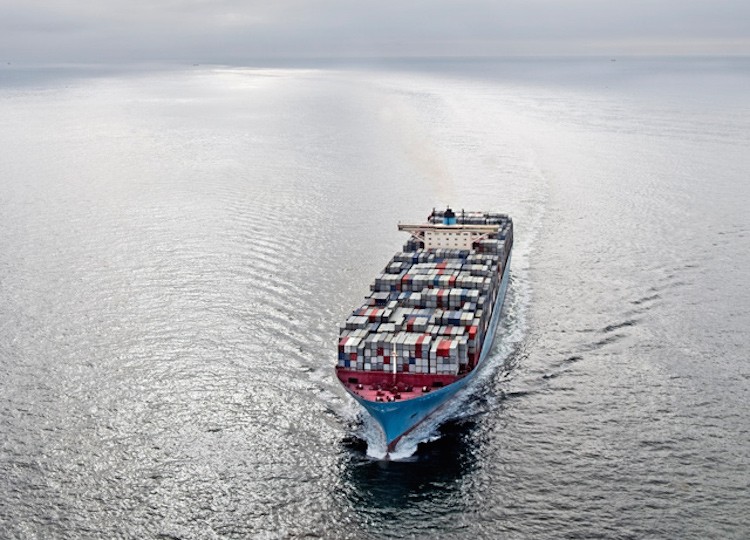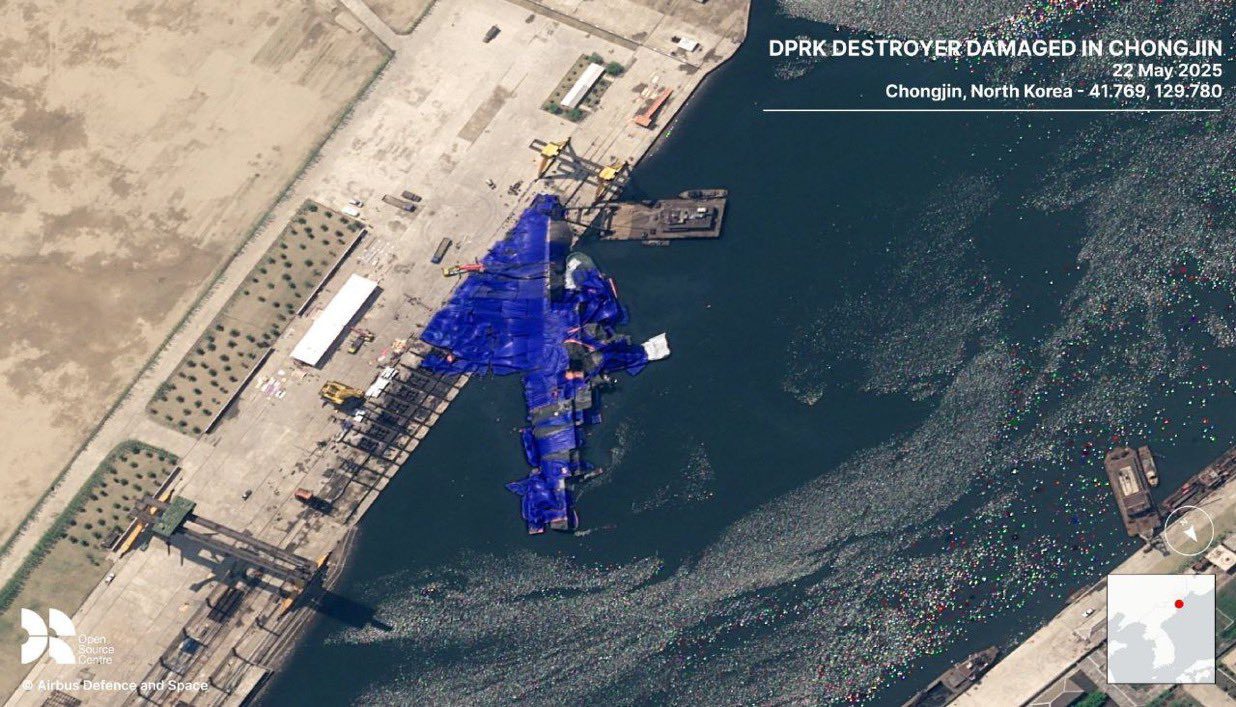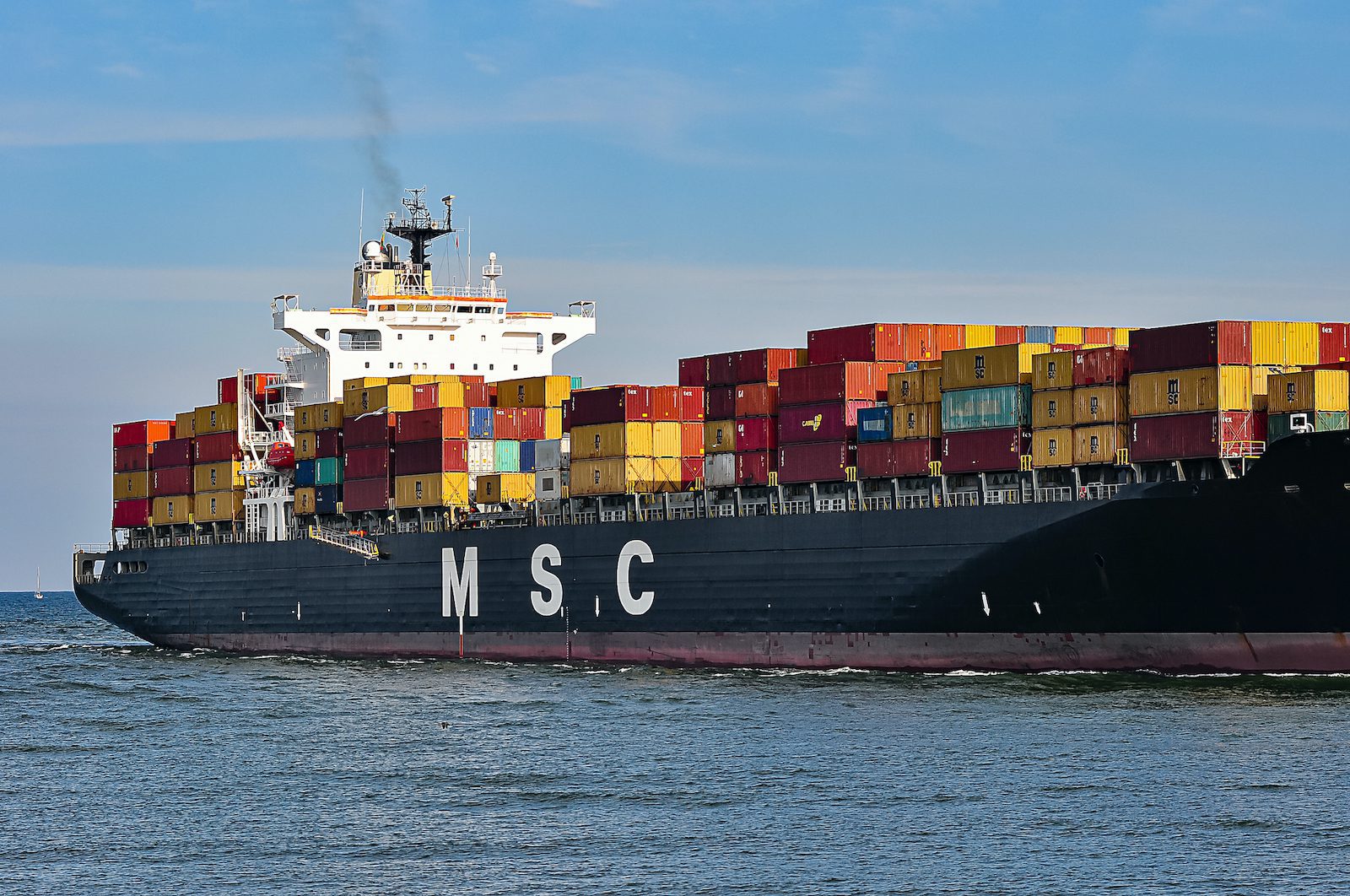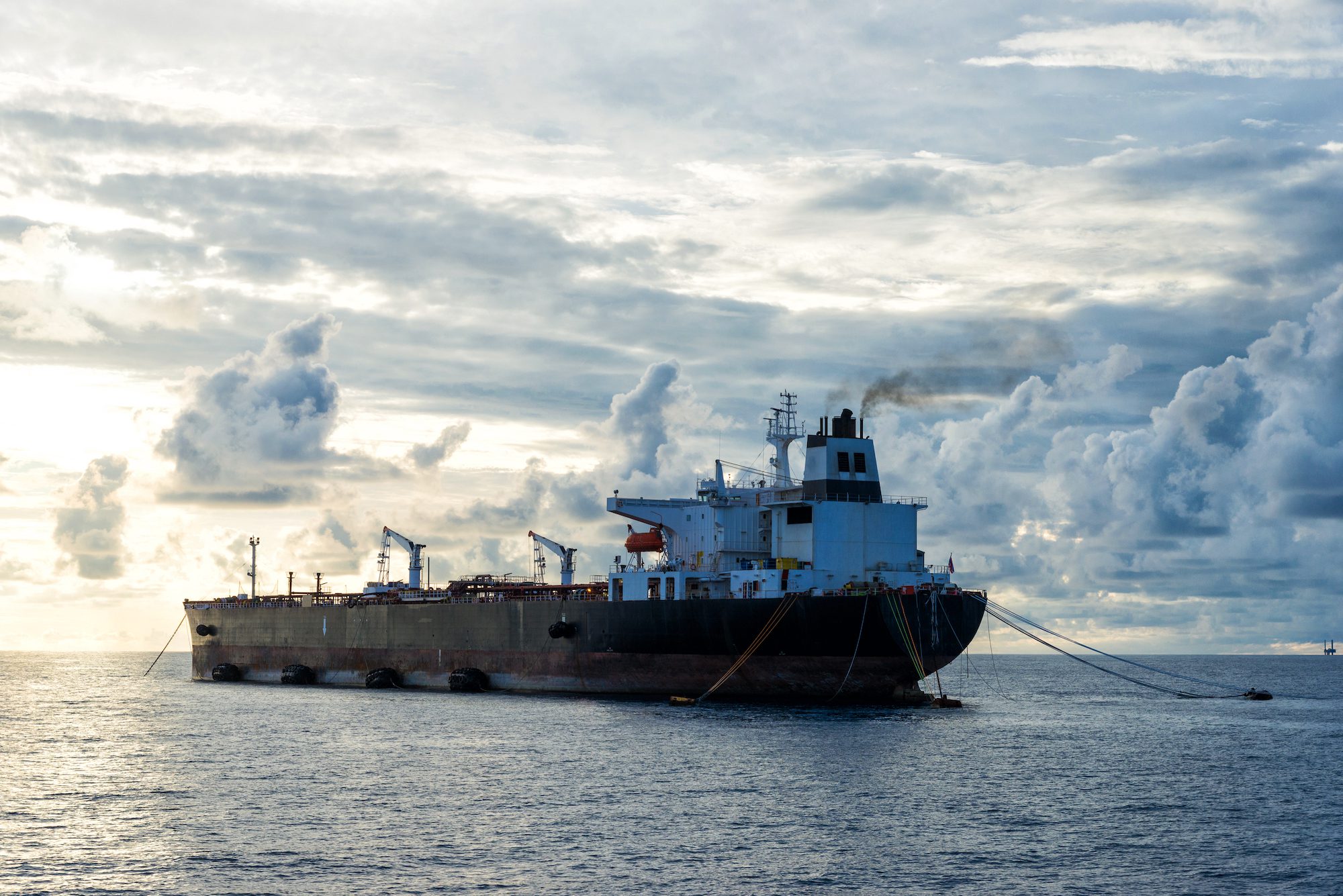Photo: Maersk Group
Maersk Group, owner of the world’s largest fleet containerships, says it is “disappointed’ that the landmark Paris agreement on climate change agreed to over the weekend does not include new regulations on international shipping,
The final text of the Paris Agreement was adopted on Saturday following more than two weeks of intense negotiations involving delegates from almost 200 nations at the United Nations Climate Change Conference (COP21) in Paris.
The agreement marks the most significant deal to date addressing global climate change, and seeks to limit global warming to below 2 degrees Celsius and drive efforts to limit the temperature increase to just 1.5 °C above pre-industrial levels. The agreement includes no explicit reference to international shipping and aviation, two transport sectors which rank among the biggest contributors of carbon dioxide emissions.
On Monday, Maersk Group, parent company to Maersk Line, released a statement saying that while it welcomes the final Paris agreement, it is disappointed that the outcome does not regulate the environmental impact of shipping.
“We welcome a global deal despite our disappointment that shipping was not included in the final agreement,” says John Kornerup Bang, Group Chief Advisor on Climate Change. “Maersk acknowledges the need to regulate the environmental impact of shipping and emphasizes that any future regulation needs to be global, flag neutral and reward early movers. We are ready to compete in a level playing field, carbon constrained economy,”
Maersk Group has itself set a target to improve its CO2 efficiency across the Group by 30% from a 2010 baseline by the end of 2020 from a 2010 baseline. For Maersk Line, which accounts for 80% of the Group’s CO2 emissions, has also set an ambitious target of 60% reduction per container by 2020.
“This deal is a big step forward,” says Morten Engelstoft, the CEO of APM Shipping Services who is an appointed member of the UN’s High Level Advisory Group on Sustainable Transport. “Maersk has for a long period of time recognized the risks posed to our societies and our future business prospects by climate change, and supports that adequate measures are taken to ensure global warming stabilises below 2 degrees Celcius.”
With more than 90% of world trade transported by sea, shipping is estimated to contribute 2.2% of earth’s man-made CO2 emissions, making it crucial to any effort to reduce global greenhouse gas emissions.
“Maritime shipping emits substantial amounts of CO2, but it is still the most efficient method of transporting goods over large distances,” Maersk’s Engelstoft comments.
Critics of the agreement have said that the absence of shipping (and aviation) from the final deal undermines the prospects of keeping global warming below the 1.5°C target and casts doubts over who is responsible for regulating emissions from shipping and aviation. Even shipping industry stakeholders, such as the International Chamber of Shipping, say they would have liked the deal to include acknowledgment of the importance of the United Nations’ International Maritime Organization’s role in continuing to develop further CO2 reduction measures.
While the final text makes it unclear who the actors will be when it comes to regulating the private sectors, renewed momentum (and pressure) in the IMO makes it clear that regulation of shipping emissions is needed now more than ever.
“I’m pleased to have noted a statement from the UN Secretary General Ban Ki-Moon that he wants to see transport as a focal point of the latter part of his term in office. We hope this can help create the needed momentum to secure a flag neutral and global regulation of CO2-emissions from shipping,” John Kornerup Bang added.
“The absence of any specific mention of shipping in the final text will in no way diminish the strong commitment of IMO as the regulator of the shipping industry to continue work to address GHG emissions from ships engaged in international trade,” commented IMO Secretary-General Koji Sekimizu.
The IMO has highlighted that continuing efforts will include development of a global data collection system for ship’s fuel consumption, consideration of a total-sector reduction target for GHG emissions as proposed by the Marshall Islands, and continued investigation of additional mechanisms for ships to support the implementation of the Paris Agreement.
SEE ALSO: With Historic Paris Climate Agreement Adopted, Ship Emissions Fall in IMO’S Court

 Join The Club
Join The Club











